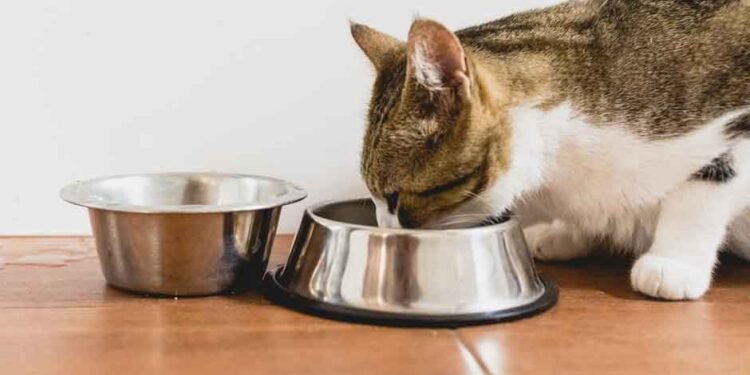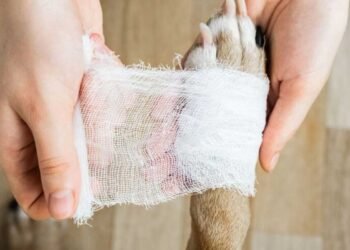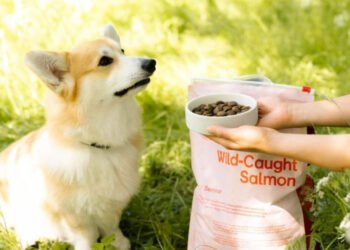A cat’s diet is a fundamental aspect of their overall health and well-being. Just like humans, cats’ dietary needs can change over time, and it’s crucial for pet owners to regularly reassess their cat’s diet to ensure they are getting the proper nutrition. Here are several reasons why it may be time to reassess your cat’s diet:
Age and Life Stage
Cats’ nutritional requirements vary depending on their age and life stage. For example, kittens require higher levels of protein and calories for growth, while senior cats may need a diet with lower calorie content to maintain a healthy weight. Make sure your cat’s food aligns with their specific life stage.
Weight Management
Maintaining a healthy weight is critical for a cat’s overall health. If you have noticed that your cat has gained or lost a significant amount of weight, it may be time to reassess their diet. Upon noticing, consult with your veterinarian to determine the ideal weight for your cat and adjust their diet accordingly.
Health Conditions
Cats with health conditions, including diabetes, kidney disease, or allergies, may require a specialized diet. These diets are designed to manage or alleviate the symptoms of these conditions and can play a crucial role in your cat’s health. Discuss any health concerns with your vet to determine the best dietary approach.
Food Allergies or Sensitivities
Cats, like humans, can develop food allergies or sensitivities over time. If you notice signs of digestive problems, skin issues, or excessive itching, it could be due to a food allergy. Consult with your vet so they can identify potential allergens and switch to a hypoallergenic or limited-ingredient diet if necessary.
Dental Health
Dental health is essential for cats. If your cat is experiencing dental issues or is in their senior years, consider transitioning to a dental diet or incorporating dental treats and toys designed to promote oral health.
Activity Level
A cat’s activity level can impact their calorie requirements. If your cat becomes more or less active, their diet may need adjustment to maintain a healthy weight. Monitor their activity and adjust their food intake accordingly.
Quality of Current Diet
The quality of the food you’re providing your cat matters. Opt for high-quality natural pet food that meets the nutritional standards set by veterinary organizations. Read labels carefully to ensure it contains essential nutrients and avoid unnecessary fillers.
Portion Control
Overfeeding or underfeeding can lead to weight issues and nutritional imbalances. Follow the feeding guidelines provided on the cat food packaging. If you still aren’t sure, you can always consult your vet to determine the appropriate portion size for your cat’s age, weight, and activity level.
Hydration
Cats can be prone to getting urinary tract issues if they don’t consume enough water. If your cat isn’t drinking enough throughout the day, consider incorporating wet food into their diet, as this has a higher moisture content than dry kibble. You can also provide a clean, fresh water source and consider investing in a cat water fountain to encourage more drinking.
Taste Preferences
Cats can develop preferences for certain flavors and textures. If your cat has stopped eating their current food or seems disinterested in it, try offering different flavors or brands to find one that suits their taste.












